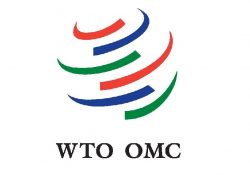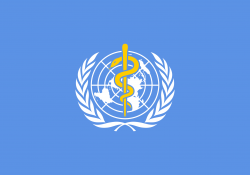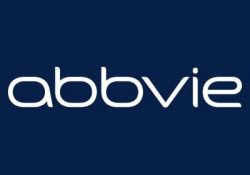WTO TRIPS Council (October 2017): South Africa highlights examples of compulsory licensing in Germany, Malaysia, and the US
On 20 October 2017, South Africa delivered the following statement on behalf of Brazil, China, India, and South Africa during the WTO TRIPS Council’s discussions on compulsory licensing. On 31 May 2017, these delegations (along with Fiji) submitted a proposal to the TRIPS Council on “Intellectual Property and the Public Interest” which would serve as an overarching theme for the Council to address issues including access to knowledge and access to medicines. Continue Reading






